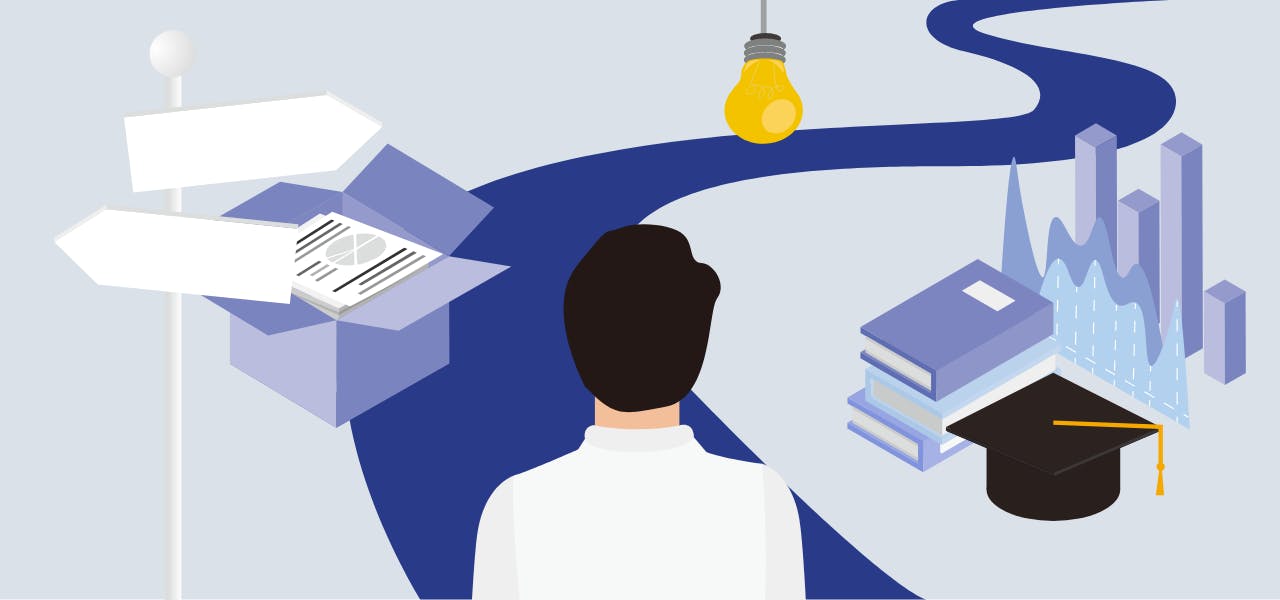The term “lifequake” has been coined by Bruce Feiler, author of the new book Life is in the Transitions: Making Change at Any Age. The books is concerned with the linear and the non-linear life, and how the former is becoming somewhat obsolete and less of a reality, while living a non-linear is a ubiquitous trend that many people are going through (or have gone through). The question that Feiler so eloquently poses to audience members is of course why is this happening, and how are we supposed to navigate a life that is not linear in fashion, especially when that is all we’ve known?
As such, Feiler spent years prior to publication interviewing hundreds of people across the country, from many different walks of life, trying to get a sense of how their careers blossomed, or didn’t. He finds that one commonality amongst various professionals is what he calls a lifequake. Basically, a lifequake is an event in our lives, such as a diagnosis of a medical condition, or being laid off from a job, or something that happens rather drastically, that derails us from our linear path of life. Put more simply, a lifequake is a massive change that leads to a life transition. The average length of these transitions, Feiler finds, is five years.
The upshot is that everyone seems to have one at some point. And some of them are voluntarily. He says that while these transitions are difficult, he comes to the ultimate conclusion that being able to master these transitions is actually a skill, a tool in ones toolbox, and one of the most valuable ones in skills in today’s modern economy with many disruptors.
Finishing your degree and finding purpose in your life
This is interesting for the sake of academia because there is a linear path that people are pressured to take in order to earn a PhD. For one, a student needs to be accepted, and then attend graduate school and find a subject matter they are going to invest their lives in. Secondly, after this period is over and the Masters degree is obtained, the same student needs to apply for a PhD program and further invest their time in one avenue for a very long four or five year period.
In doing so, a sort of linear process emerges. The average age of enrollment for a PhD is about 29 years of age in the U.S., and throughout a college education, the scientific community, and the professors who hold such degrees sort of engrain this message into their students that if they want to pursue the academic route, they need to start planning for their PhD, find an advisor, and start the journey.
But as the process unfolds, this is also where things might start to de-rail and a lifequake might occur. In subscribing to the pressure to stay on such a linear path, a young professional might end up inevitably leaving the program and pursuing some other avenue (such as becoming an entrepreneur or wanting to devote more time to their kids or family instead). Understanding why some individuals try to voluntarily de-rail their lives really begs the question of why they stayed on such a linear process for so long. The answer might include a variety of factors, such as:
- Families put pressure on linear models of thinking and progression
- Friends and colleagues expect us to live in linear pathways so their own narrative don’t feel disrupted
- De-railing involves the burden of having to re-skill and re-train ourselves
Emerging and forming a new identity
Once the lifequake is underway, something sort of refreshing happens. Individuals everywhere are able to tell their own story again, and they are able to make sense of their lives. I find this interesting because it seems that a lifequake could occur while in the midst of a PhD program or leading a research experiment. This might hinder a researchers ability to do their jobs in conducting research if they are under so much distress or feeling anxious.
In the same vein, emerging from a lifequake can help the academic minded see their research more clearly, more consciously, and make greater strides in their field, or perhaps a new field if the lifequake has been that altering.
Thus it seems that the power of a lifequake and forming a new identity for oneself trumps struggling through something for a 20th century belief system that life has to continue on a perfectly linear path. As we all continue to grow and prosper in our careers, we should remember that a potential lifequake might be on the horizon, and that when it comes, we should think about this period as a transitional one, and not an over-encumbering one.
